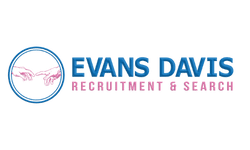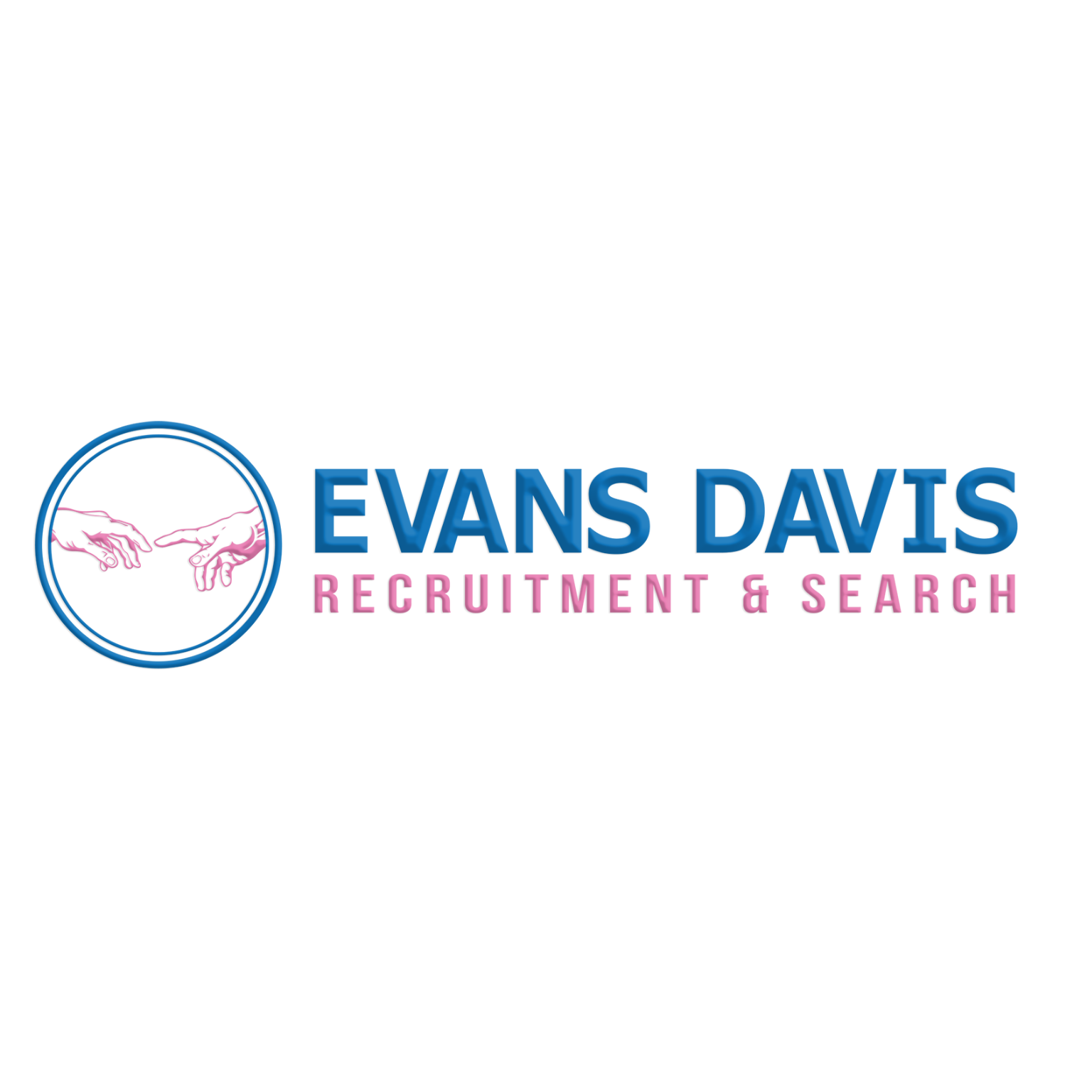I was very reluctant to write anything on CV writing because everyone has a slightly different view on what makes a good and bad CV. However, we get asked about it on a daily basis so here goes.
Your CV is the first impression a potential employer has of your written communication. If you are applying directly to businesses will be the difference between whether said businesses decide to meet you or not.
Some things worth thinking about before you send your CV out to perspective businesses are:
- Structure;
- What to include;
- Achievements;
- Other considerations;

Structure
The structure of your CV will vary slightly depending on seniority, and if you are applying for contract positions or permanent positions, however, as a guide, it would be:
First page
- Contact Information;
- Education;
- Employment Summary (if more than 5 years as a very loose rule);
- Employment History (Most Recent Position);
Second page onwards
- Employment History (Second most recent, onwards):
- Systems/Software Experience;
- Interests;
- References;
The reason you want to include Education, Employment Summary and Most Recent Position on the first page is that they are all, for the most part, essential criteria for a given role.
Making this information as easily accessible as possible acts as a “hook” and makes the reader want to continue reading, especially if there are 100+ applications to get through.
What To Include
Contact Information
- Pretty straightforward, but just in case, Name, Address (Suburb is fine), Email, Phone Number.
Education
- Start/End date, if part completed include expected completion;
- Institution and qualification;
- Awards, i.e. merit awards for professional qualifications or if you received a distinction average or higher at university, include that. If you decide to use GPA or performance ratings, it’s important to qualify what it means, i.e. GPA of 3.5 out of 4;
- Only include education relevant to a position, i.e. if you are applying for an accounting position completing Suzuki Level 6 Piano probably won’t be a deciding factor, so save that gem for interests;
Employment Summary
If you decide to include an employment summary, its worth including the following:
- Dates of employment
- The business you were working for;
- Title of position;
Employment History
Generally speaking, your most recent role will be the most relevant, so people will want to see the most detail.
Your second most recent position onwards should include progressively less detail.
Information you should include in CV Writing:
- Dates of employment;
- Name of business;
- Two-sentence summary on business;
- Title of position;
- Day to Day responsibilities;
- Achievements;
If you are working in a consulting role, it is also a good idea to include some information on:
- The size and types of businesses you have been consulting to;
If systems are a vital part of your role, it is worth considering, including which system you used under each position. Otherwise, list them all under “Systems/Software Experience”.
If you have had more than one role in the same business, set it out as:
- Dates of entire employment with a business
- Name of business;
- Two-sentence summary on business;
- Dates of employment in the current (most recent) role;
- Title of position;
- Day to Day responsibilities;
- Achievements;
- Dates of employment in the second most recent role;
- Day to Day responsibilities;
- Achievements;
And so on.
Systems/Software Experience
- Pretty self-explanatory. However, just in case, including all systems, you have professional proficiency.
Interests
- Use your discretion here. However, as a general rule, keep it short and sweet.
References
I’ve never heard of someone being refused an interview because they didn’t include the contact details of all their references on their CV. I have heard of people refusing to continue being a referee after receiving calls from multiple people at the preliminary stages of multiple recruitment processes.
With that in mind:
- Unless they are asked for specifically, and even then, I would be very reluctant, don’t include the contact details of your references. Put “available upon request”.
Doing this in CV Writing can control who is called, by whom and when.
Achievements
Achievements should be quantifiable, relevant, and something that separates you from other applicants.
An acid test for if you should include an achievement or not is STAR:
- Situation
- Task
- Action
- Result
If you have difficulty putting into words the different stages of achievement, it is not worth including.
Other Considerations
- Remember to consider who it is that is going to be reading your CV. If you are applying for accounting jobs, chances are the person reading it is going to be most interested in your written communication, not how many graphics and borders you have;
- When it comes to CVs, there are no hard and fast rules, so make sure you look at 2 or 3 examples and make up your mind on what you think works best for you and your profession;
- In CV Writing, grammar matters. Like writing an essay, avoid referring to yourself in the first person where possible;
- Ask a friend to proofread it before sending it out;
In addition to helping you leave an excellent first impression on a future employer, taking the time to set your CV out is vital. Review several examples and critically analyse which achievements to include force you to think about the essential elements of each role and why which is excellent preparation for when you secure an interview.

